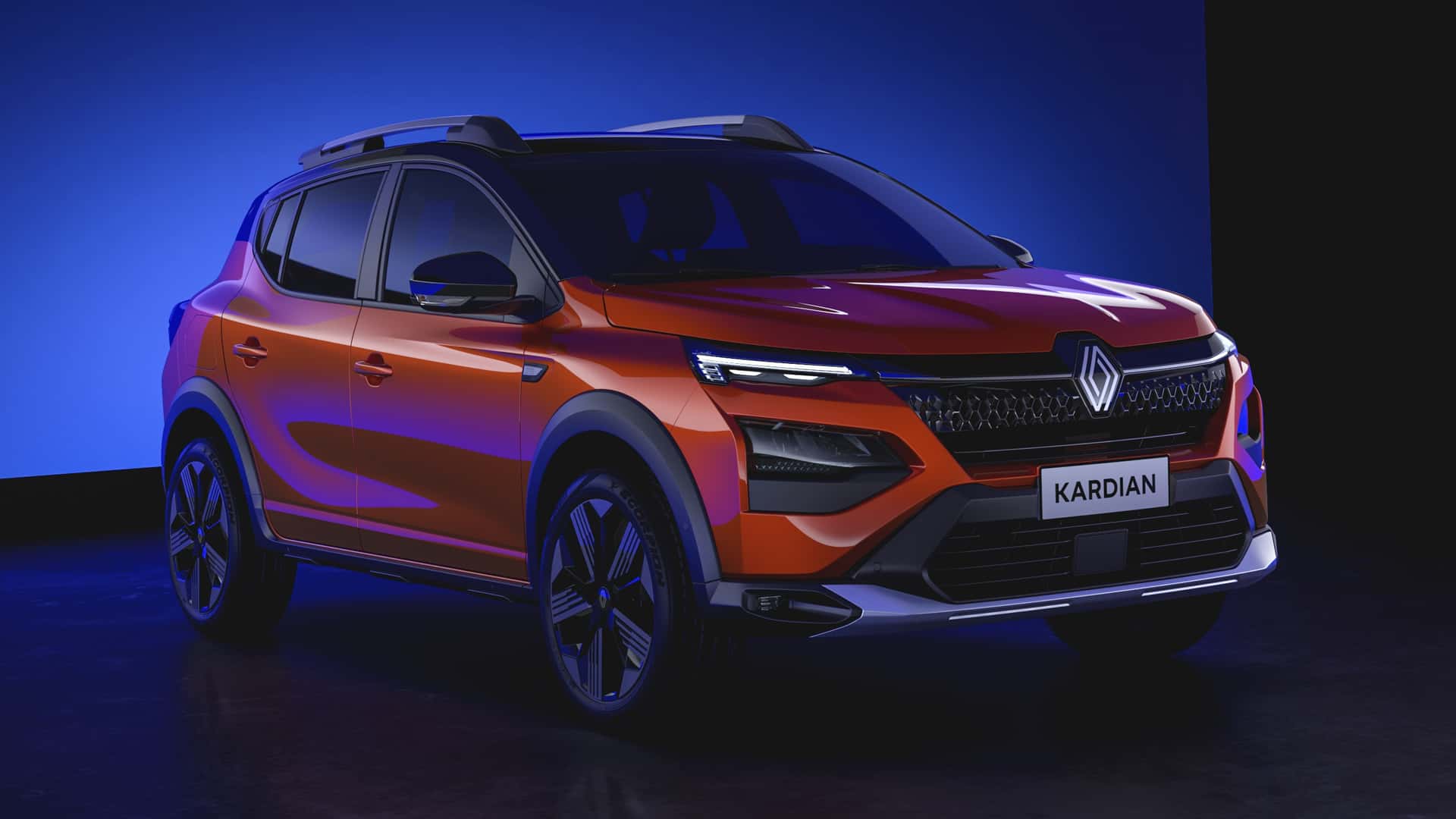The small, B-segment SUV is set to debut in South America before expanding to other overseas locations. It's the first vehicle from Renault based on a versatile new platform, which can be adapted for various vehicle types, from compact SUVs to full-size pickup trucks.
Measuring 4,119 mm (162 inches) in length and boasting a 2,604 mm (102.5 inches) wheelbase, the Kardian is a tad smaller than Europe’s Captur. However, both vehicles share similar dimensions and a divided C-pillar. The real distinction comes in front-end design: unlike the Captur’s traditional headlights framed by claw-like daytime running lights, the Kardian features a segmented headlight design and a more prominent, boxy grille, imparting a rugged appearance. The Kardian also adds practicality with sizable roof rails capable of supporting up to 80 kg (176 lbs), which can be detached and repositioned.
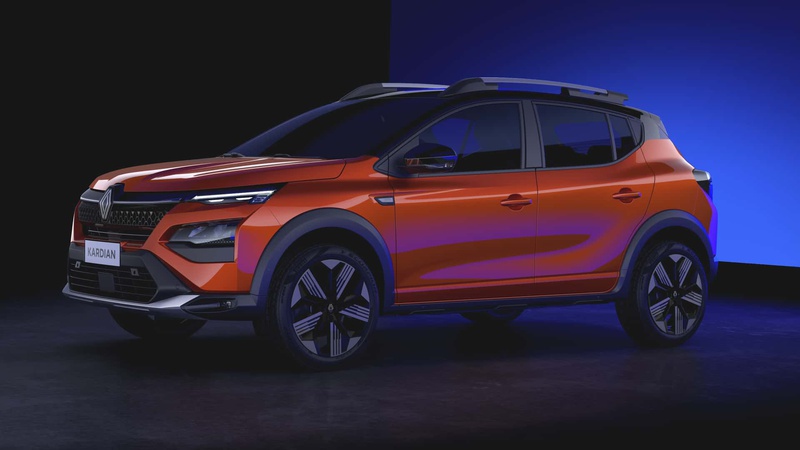


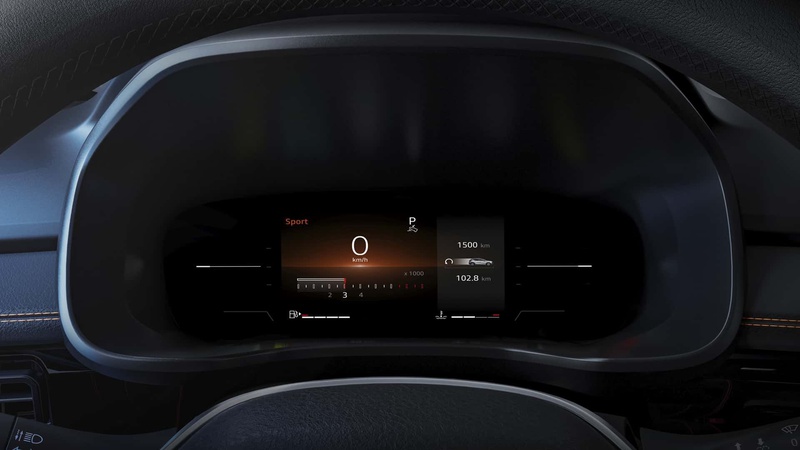
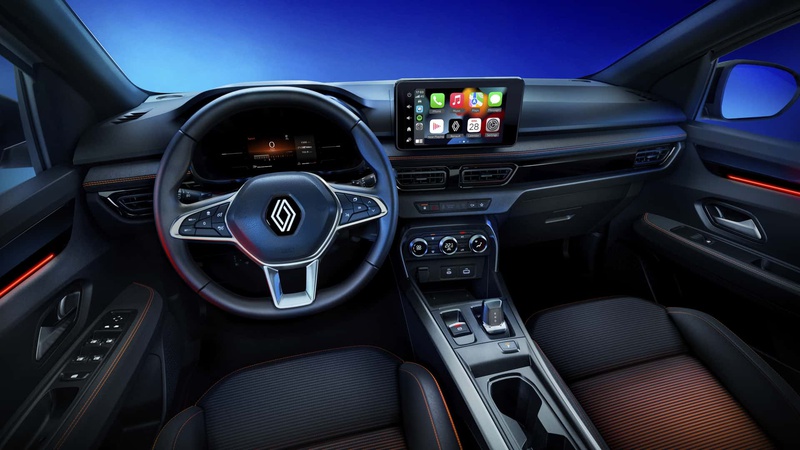


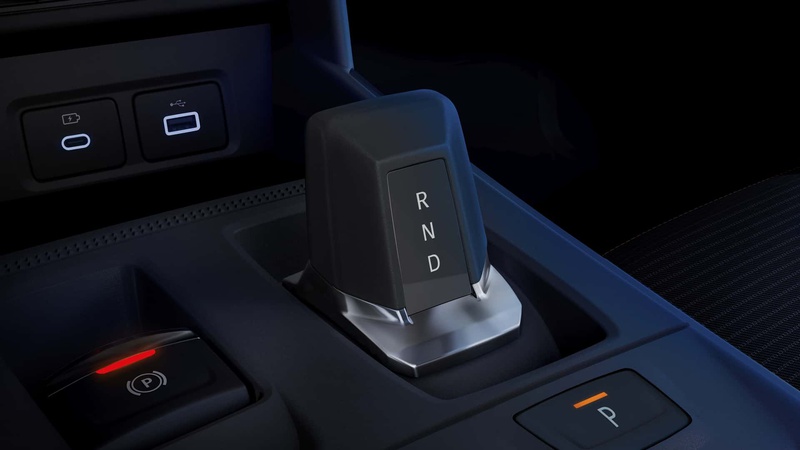
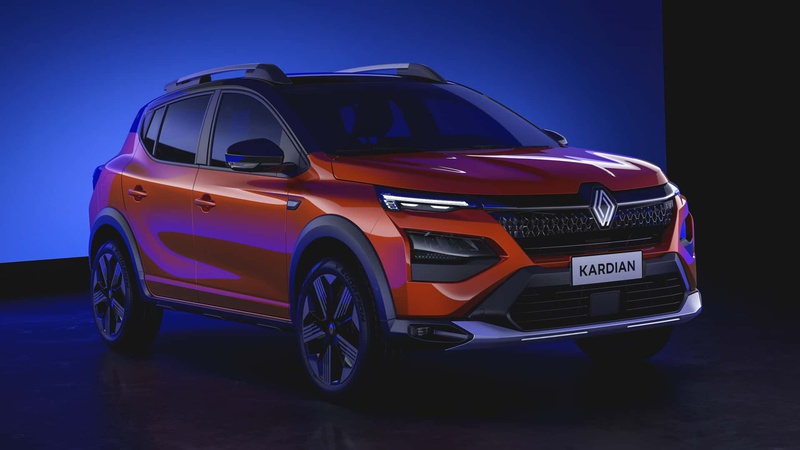
Renault Kardian
Contrary to its rugged visual cues and skid plates, the Kardian is front-wheel drive. Its power originates from a 1.0-liter three-cylinder turbo engine mated to a dual-clutch transmission, delivering 123 hp (125 PS) and 162 lb-ft (220 Nm) of torque. As for hybrid technology, it's absent here—emerging markets aren't calling for it, which aids in keeping the cost reasonable.
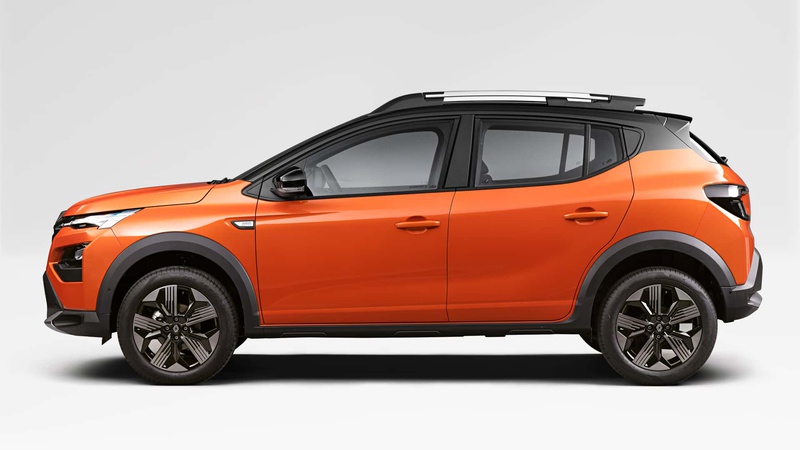

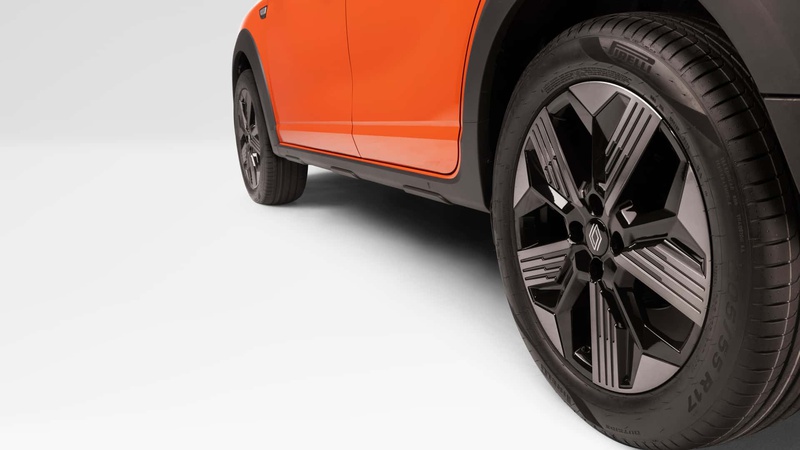

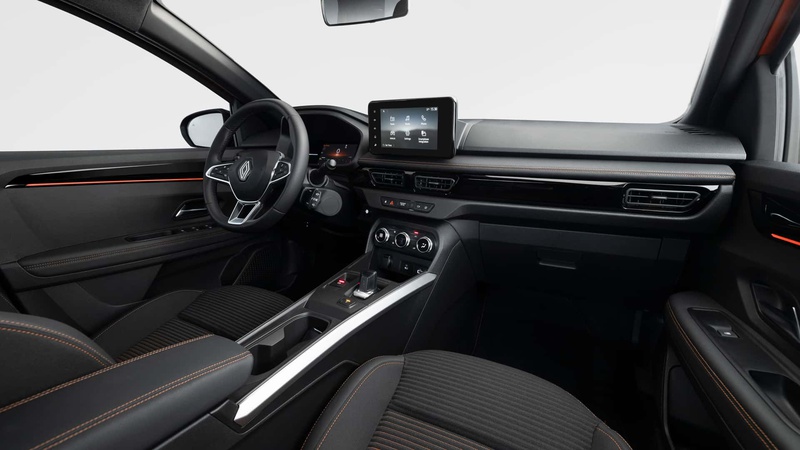
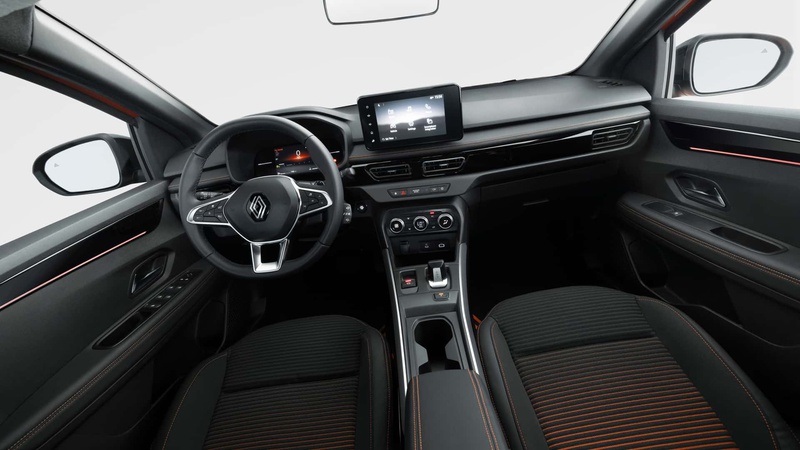
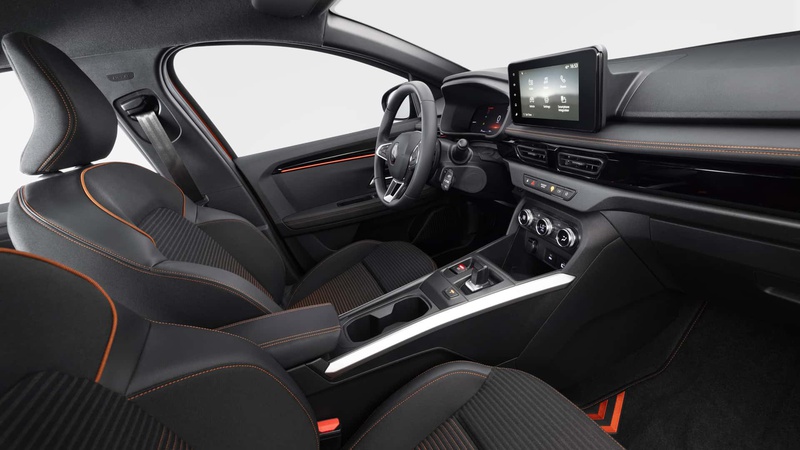
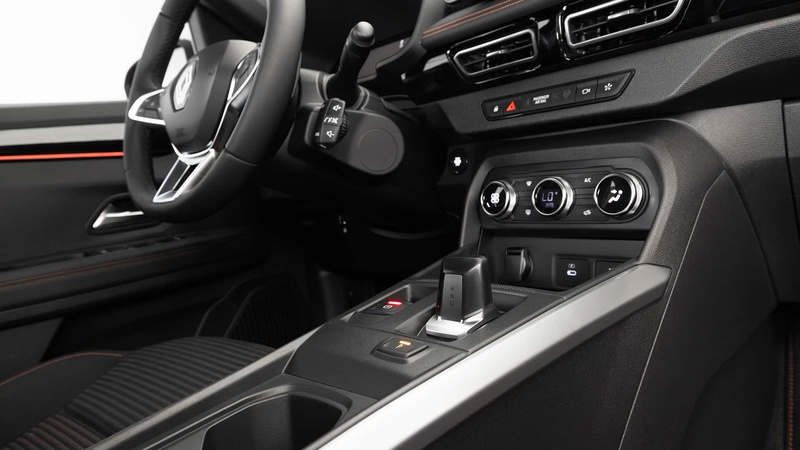
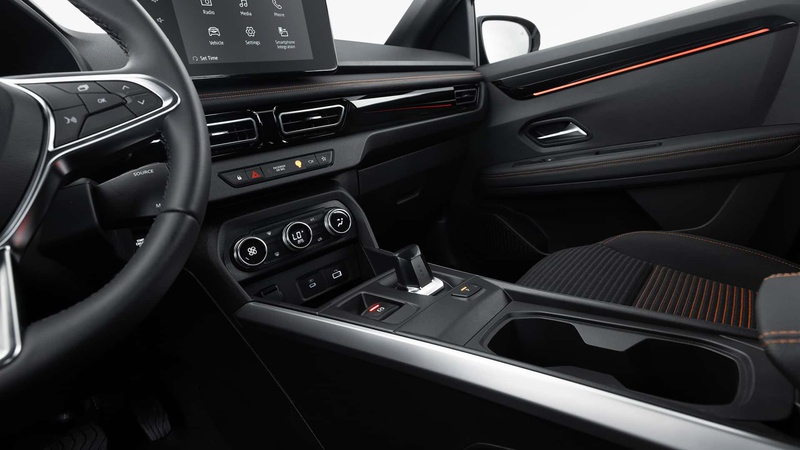
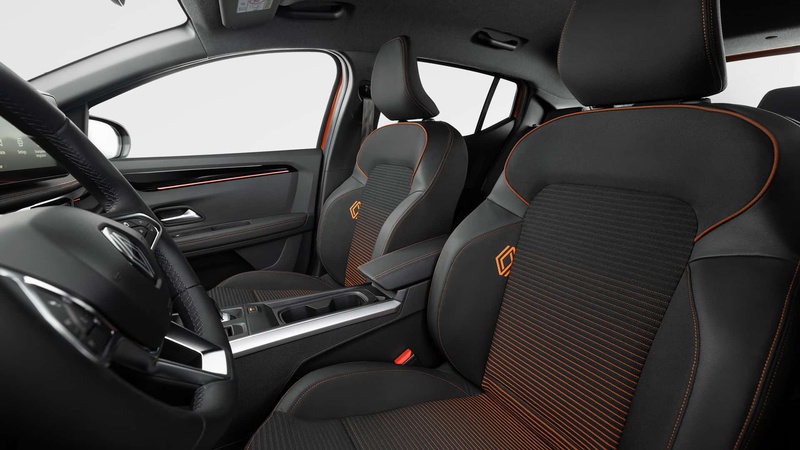


Renault Kardian
The dual-clutch transmission and its compact, Porsche-inspired shifter are likely to give the Kardian a unique appeal in South America. The interior, resembling the Dacia Sandero, offers an 8-inch infotainment screen, wireless Apple CarPlay, and a separate digital instrument cluster. According to Renault, it’s also the only car in its class to feature blind-spot monitoring and a multi-angle camera system. Additional safety features include adaptive cruise control, automatic emergency braking, and hill-start assist.
The exact prices and options of the Renault Kardian will be announced closer to its launch in March. Brazilians expect the new car of the French brand to compete with the VW Nivus and Fiat Pulse. Thus, we can expect a price of about 110 thousand reals, which is about 22 thousand US dollars or 20.8 thousand euros.
Production is set to begin at Renault's Curitiba facility in Brazil and will later extend to the Casablanca factory in Morocco.
Source: Renault
